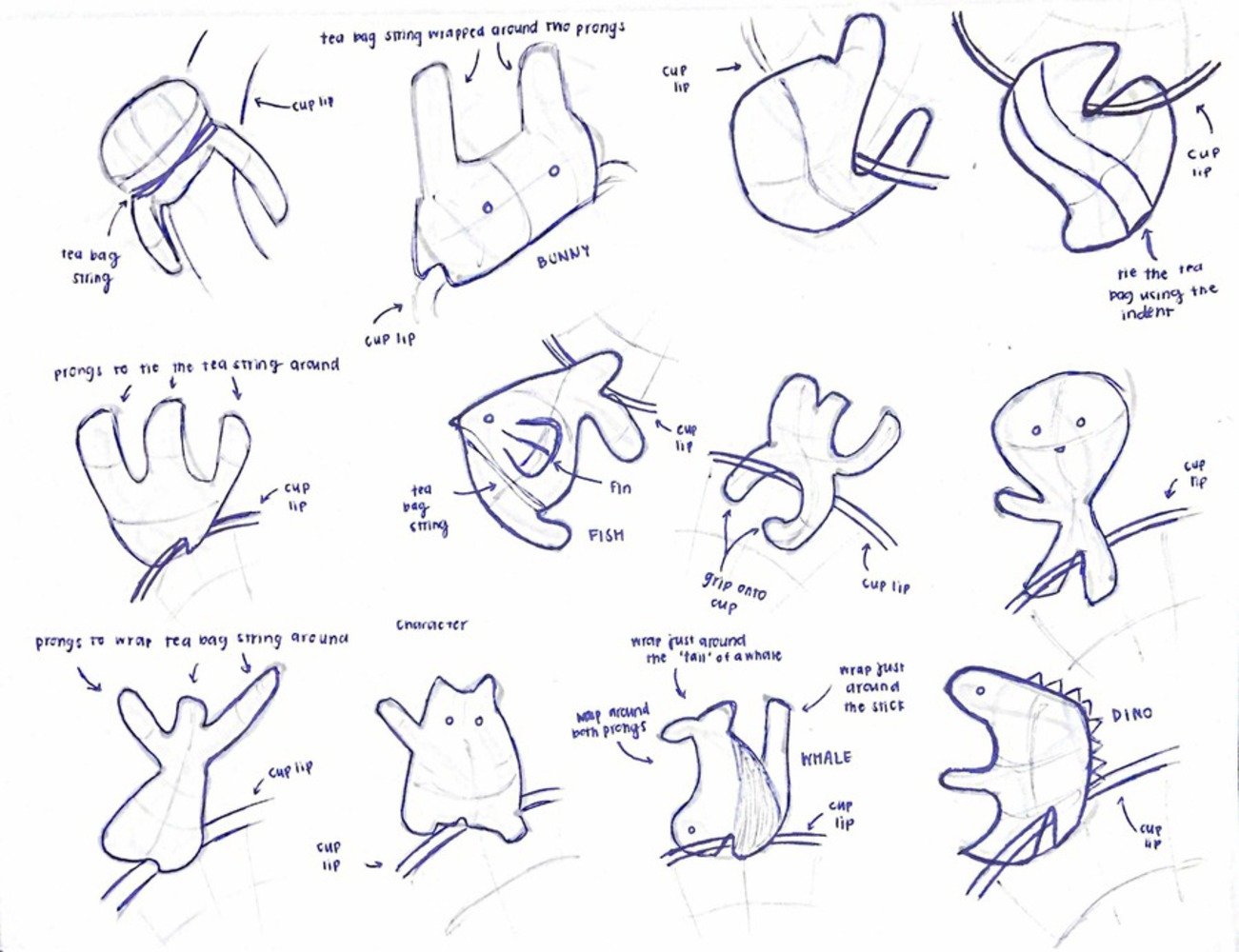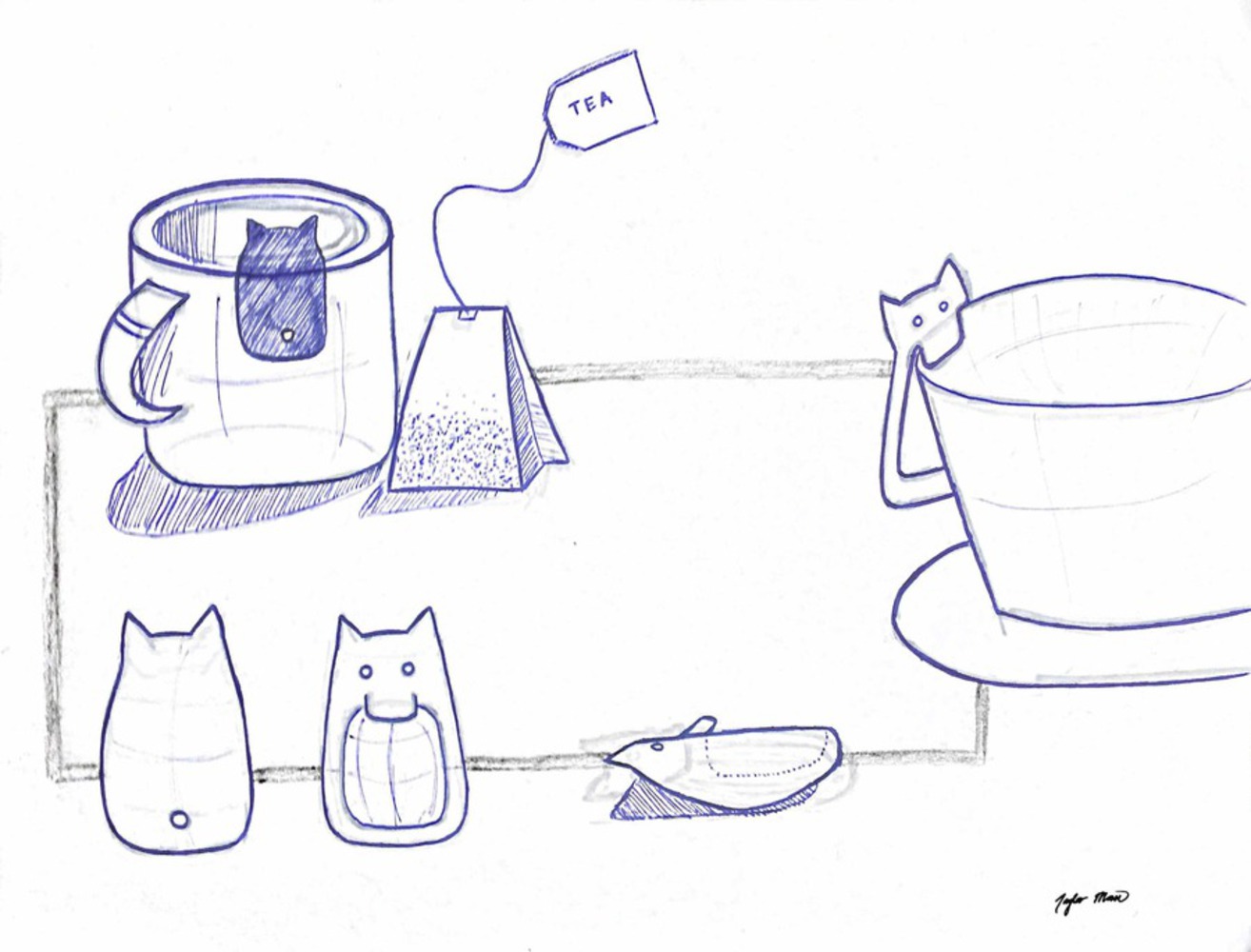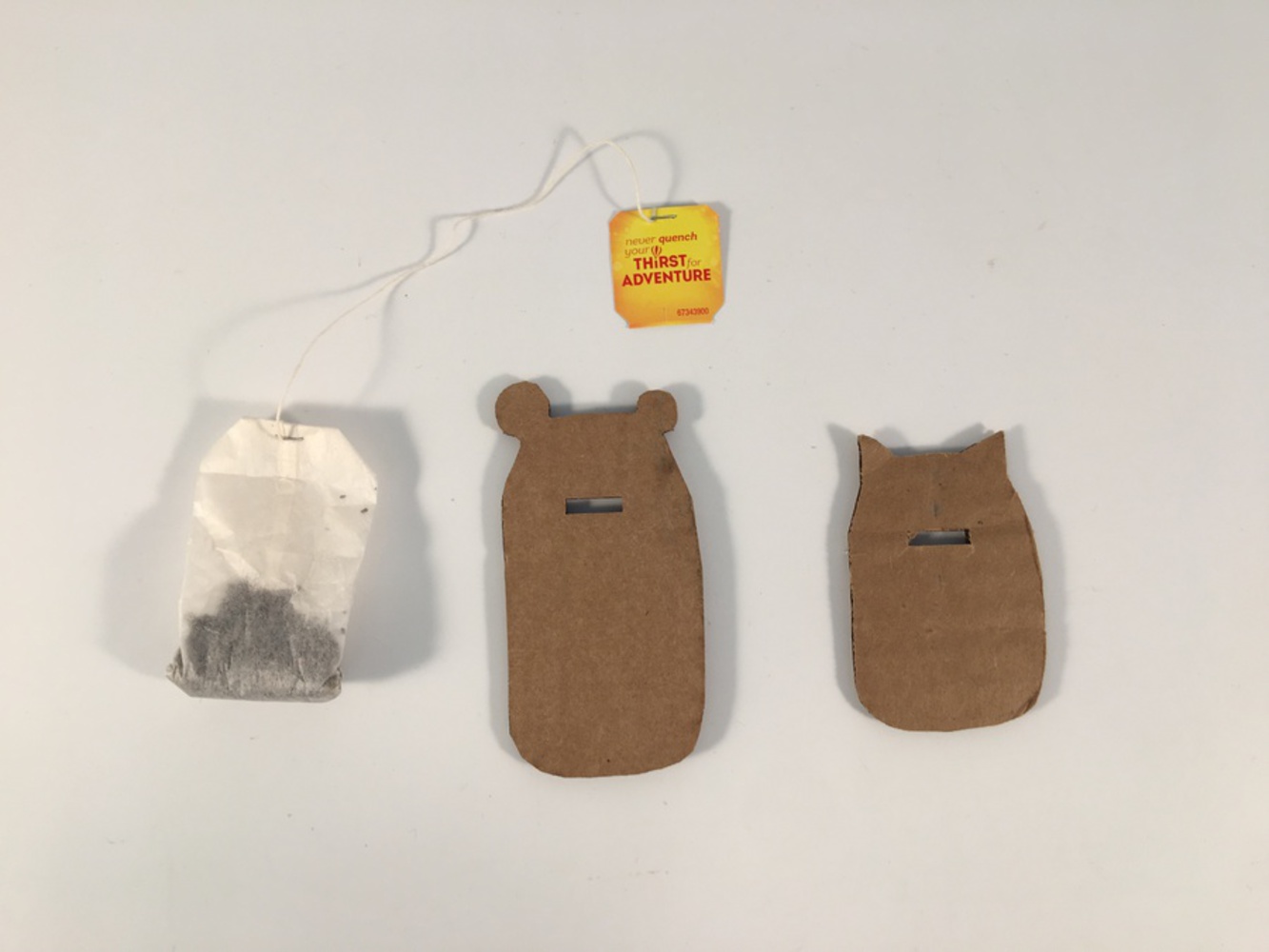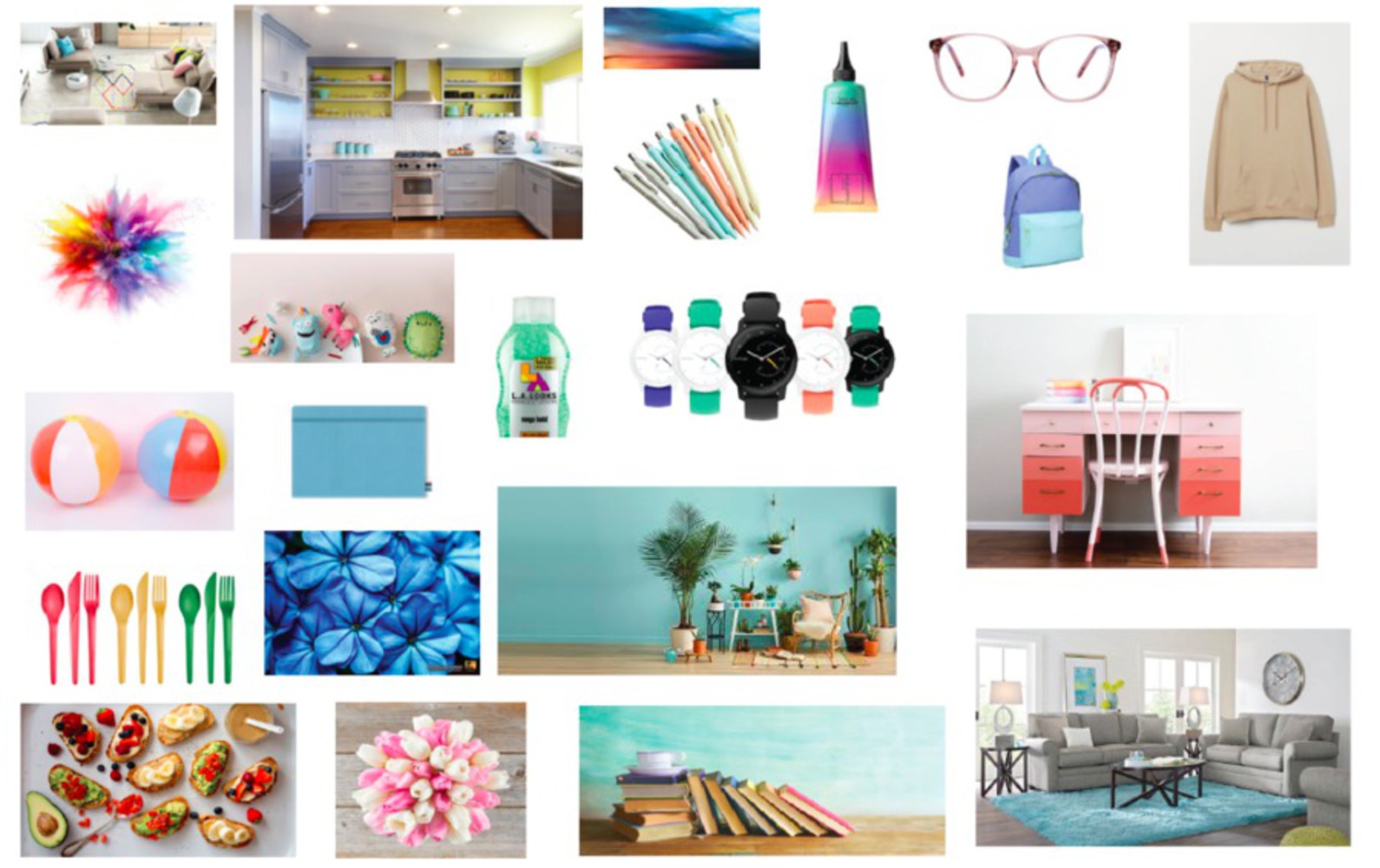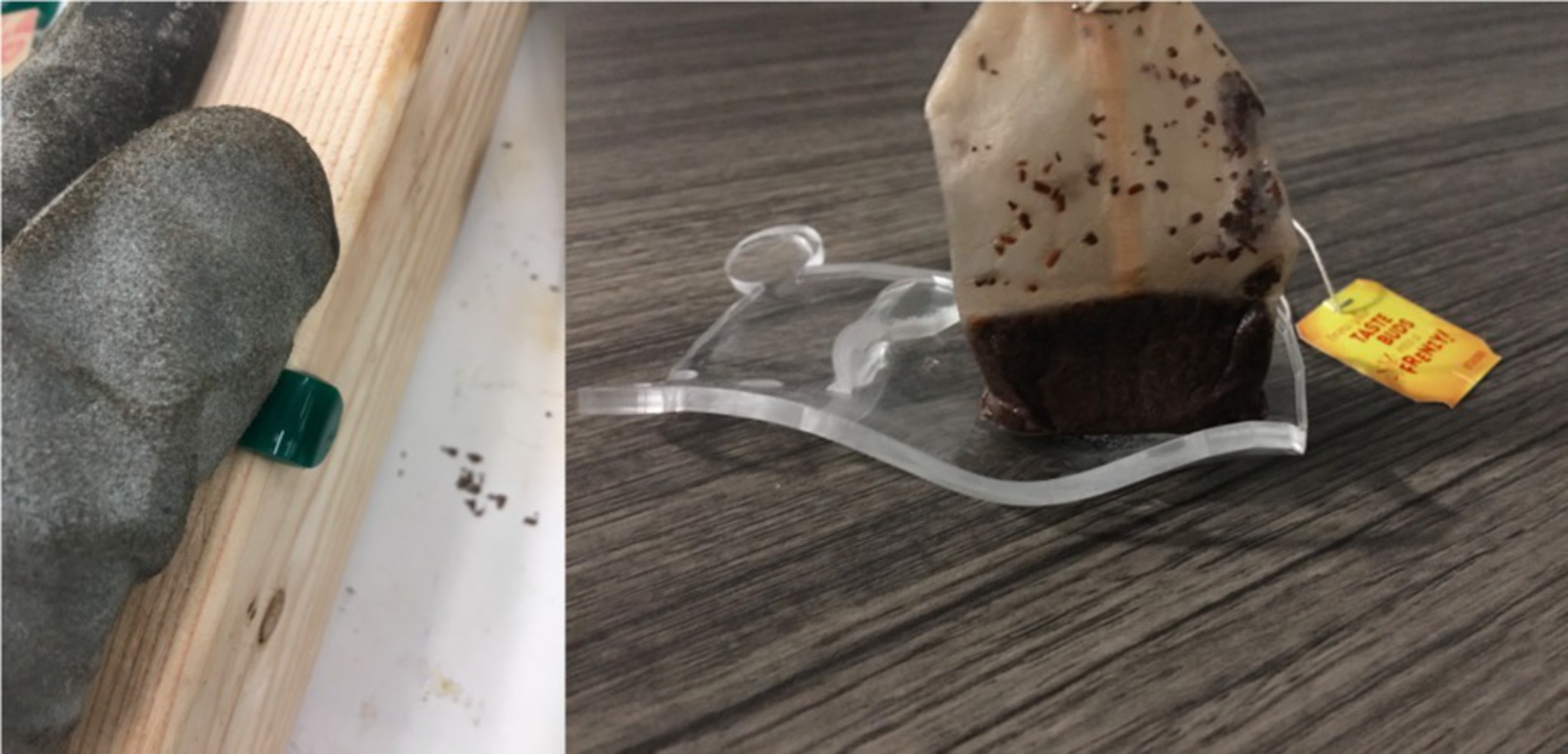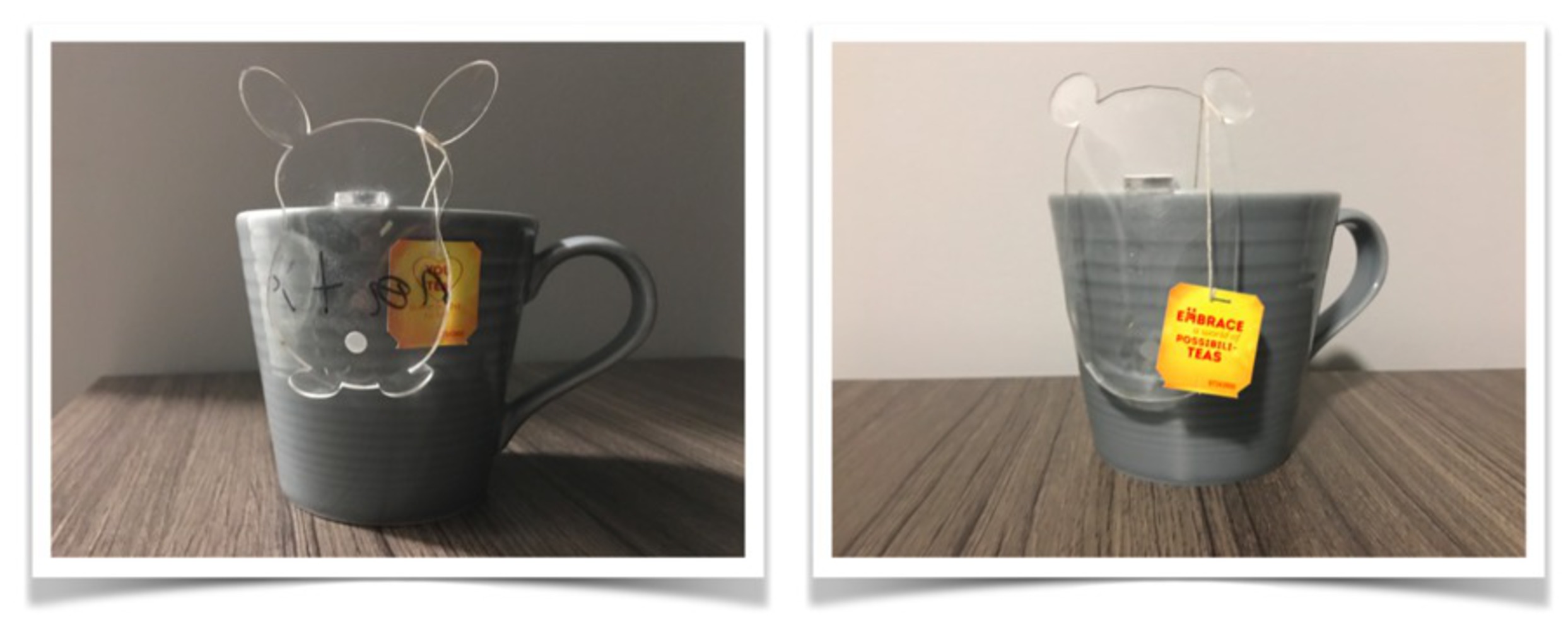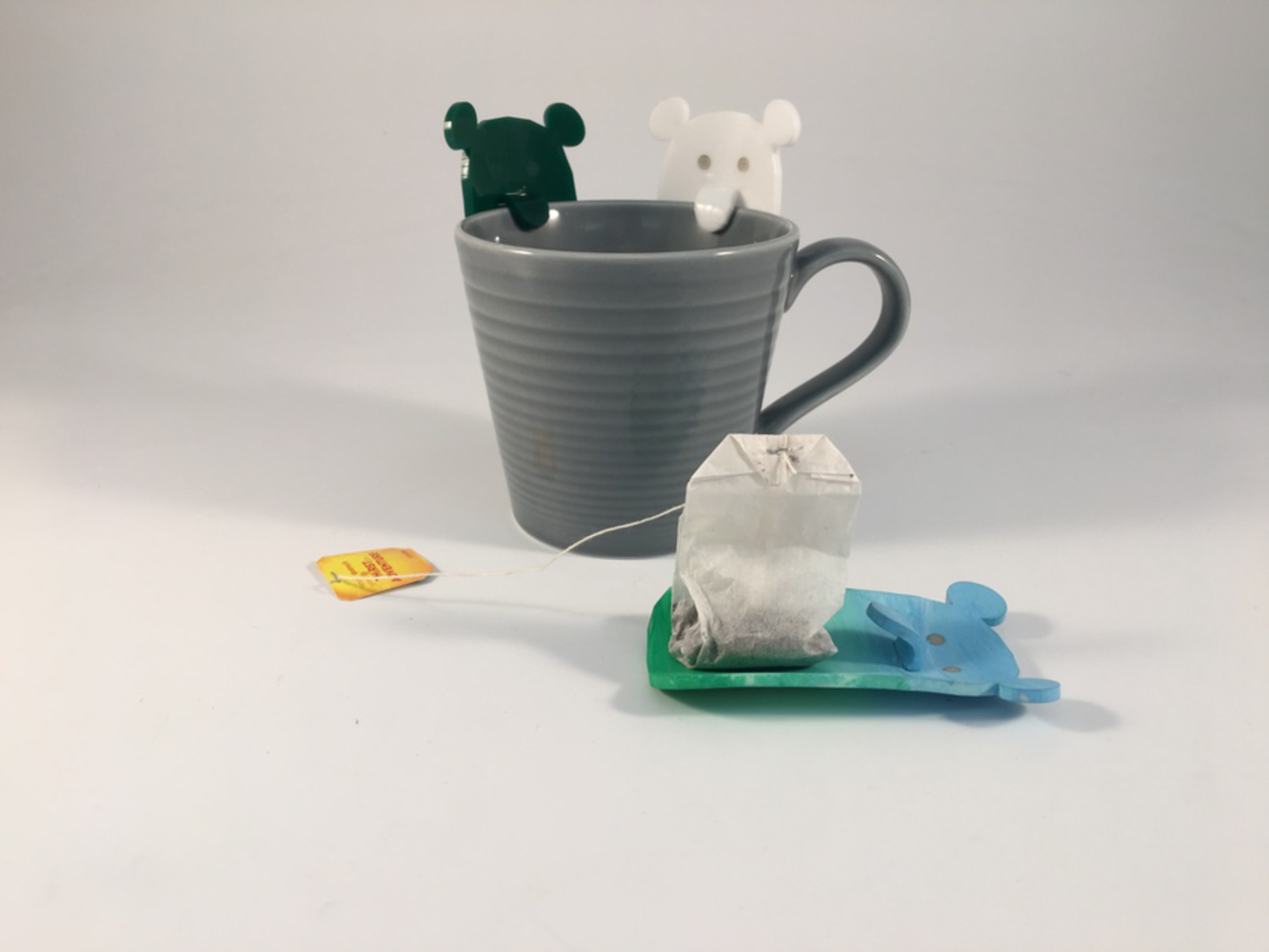Discover Phase
Since the goal of this project was to design the perfect accessory that is missing from my daily drink interaction, I decided to focus on drinking tea because that was the interaction that I felt that had the potential to be improved the most since there were the most steps and other objects integrated in the experience.
As I reviewed my interaction with the tea bag, I realized that I actually disliked the experience associated with it. By really evaluating my interactions with the tea, I was able to find a few key areas that I thought were lacking
Problems
- Tea would leave circles on the table and sometimes would get my paper wet
- Worried tea bag would fall in
- No way to chill drink quickly as I had no ice cubes
- There was no place to put my tea bag after I used it, so it was only good for one use
- I would throw away the tea bag before I realized the drink was not strong enough
Idea Generation
- Coasters
- Ice Cube Tray
- Storing The Tea
- Tea Bag Holder
- Tea Bag Coaster
- Cup Holder For Hot Drinks
- Cup To Make Plantation Iced Tea -- my favorite drink from back home in Hawaii
Define Phase
The problem that I saw that I had the most trouble with was the constant worry that I would drop my tea bag into the cup. I would carefully place the tea bag handle as far over the lip as possible. This was the main problem that I wanted to focus on so I ideated around this concept.
Develop Phase
I then began to start my process of ideating by starting with a few sketches of tea bag holders. I started with a light grey Copic marker. Since I was having trouble generating ideas, I created random lines and strokes to help spark my creativity. Then I went over the outline of the shape with a darker grey Copic marker. This helped me see shapes and further define the object. I then took a Bic ballpoint pen and added fine details to the sketches.

